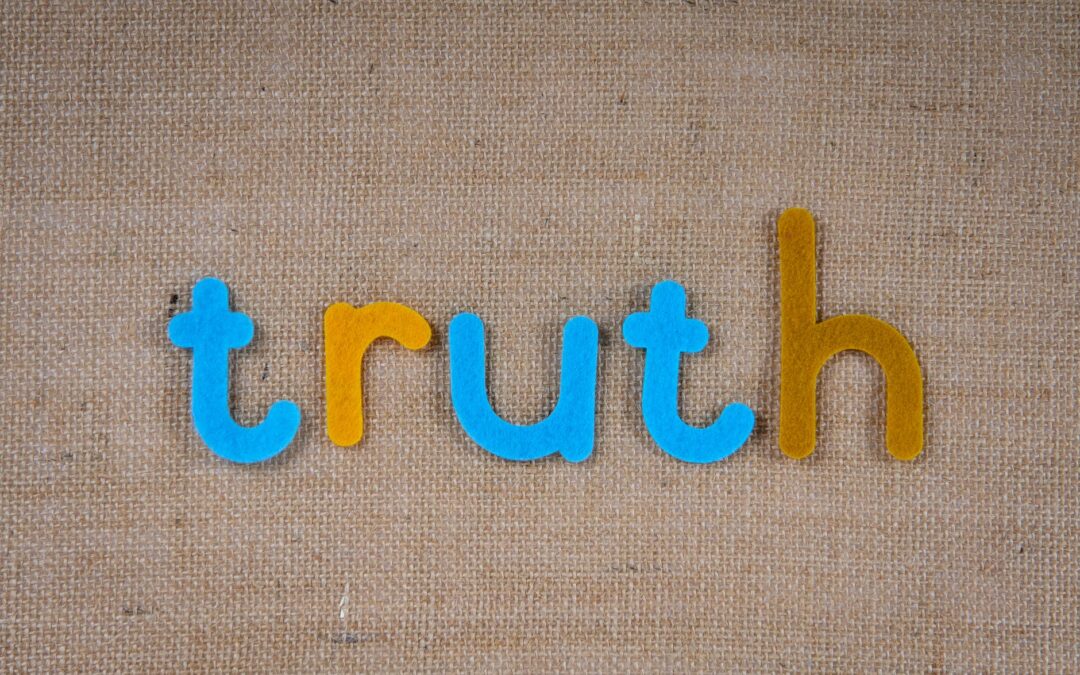Abraham Lincoln saw his first slave auction in New Orleans as a young man. Thirty years would go by before the ugliness and inhumanity of that experience would result in legislative action. But that experience set his conscience a-ticking. It went off in 1863 when the President wrote the Emancipation Proclamation.
General Douglas MacArthur, of World War II fame, had a flamboyant father. The father was a hero of the Civil War, winning the Medal of Honor for leading a charge that took the Rebel guns at Missionary Ridge. And he repeated to young Douglas that his moment of glory had come because he [had] attacked without waiting for orders. “Sometimes,” he told his young son, “a truly gifted soldier had no choice but to act on his own.” This thought became a time bomb, ticking in the mind of young Douglas promoting him to take strong initiative.
* * * * * * * *
In 1894, an eager student – young Harry — skipped a grade and went on to the fourth. Reading helped pass the time, when for several months, his legs and arms were mysteriously paralyzed. He said of himself, “I was reading everything I could get my hands on – histories and encyclopedias and everything else” (McCullough).
For his tenth birthday in the spring of 1894, his mother presented him with a set of large illustrated volumes titled in gold leaf Great Men and Famous Women. The four volumes were: Soldiers and Sailors, Statesmen and Sages, Workmen and Heroes, and Artists and Authors. These weren’t children’s books, but anthologies of essays from Harper’s. Subjects numbered in the hundreds, ranging from Moses to Grover Cleveland; there was Edward Hale on Goethe; Lord Macaulay on Samuel Johnson, H. Rider Haggard on Cortez and young Theodore Roosevelt on Winfield Scott.
This young scholar would eventually plow through the four volumes. He dreamed about becoming a great general. He loved best the story of Hannibal, the one-eyed leader who crossed the Alps. His favorite Americans were Andrew Jackson and Robert E. Lee.
According to author David McCullough, this young man would later count the moment when he was given these books, as one of life’s turning points. With the reading, a time-bomb was set a-ticking in his mind. This aspiring young man served capably in World War I and then went on to become president of the United States – Harry S. Truman.
All who speak the truth – Sunday school teachers, pastors, leaders, scientists, parents, policemen, national leaders, school teachers – all who speak the truth are planting time bombs. “You shall know the truth and the truth shall set you free.” John 8:32

Recent Comments